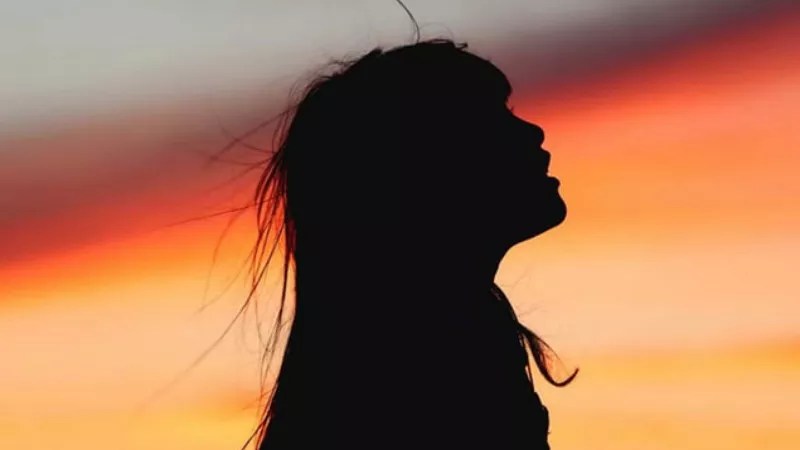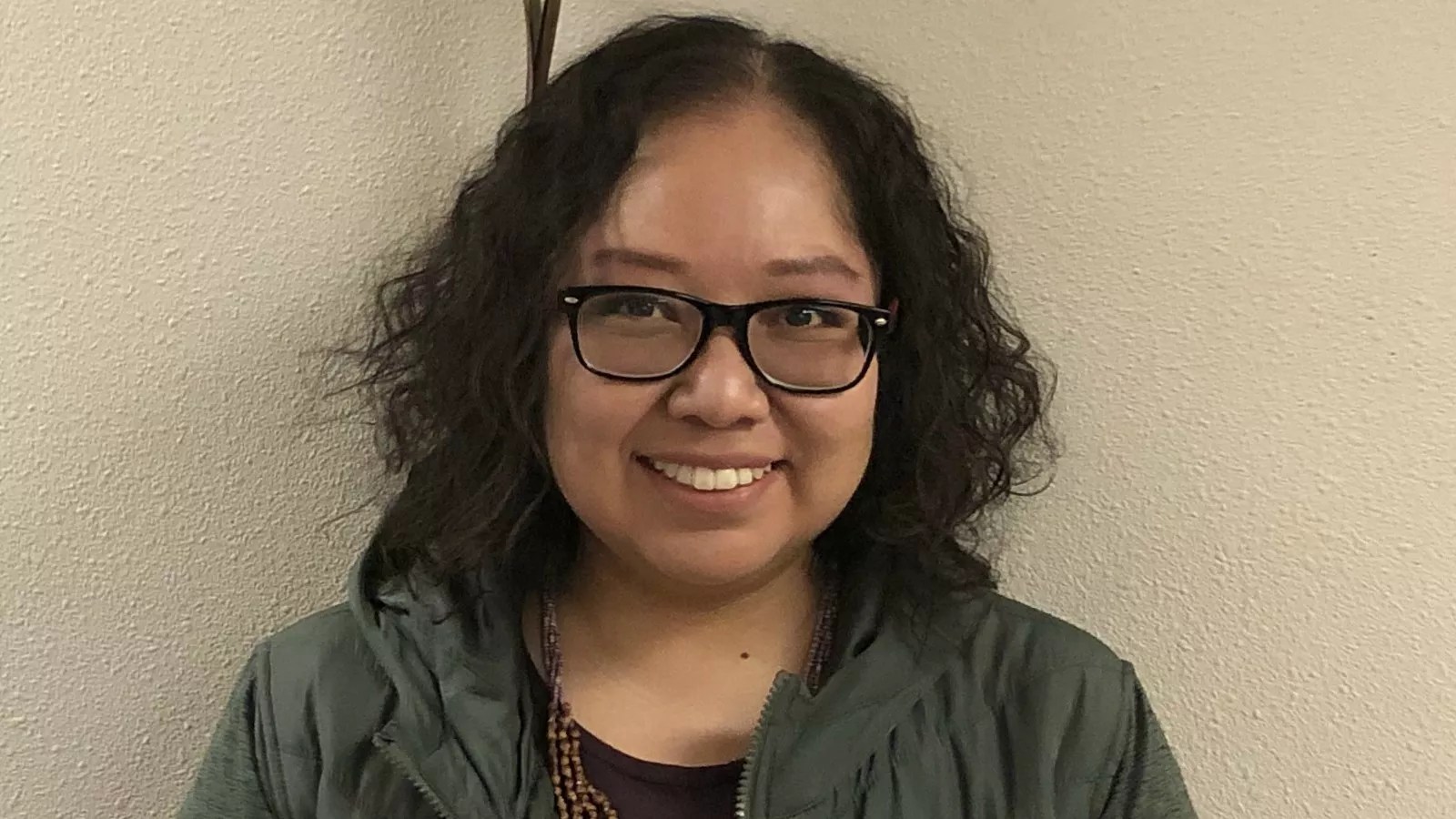
Photo by mohammed alherz on Unsplash

Audio By Carbonatix
According to a damning report from the Urban Indian Health Institute, Denver is among the ten U.S. cities with the most cases involving missing and murdered indigenous women and girls that aren’t in law enforcement records.
This tragic scenario is little known to the general public, but it’s one that Kelsey Lansing understands all too well.
A staff member at Durango’s Sexual Assault Services Organization (SASO), Lansing was recently recognized by the National Sexual Violence Resource Center as the 2020 Colorado winner of its Visionary Voice Award specifically for her work with Native women, for whom violence can be an all-too-common occurrence. Reducing such tragedies is a challenge for any demographic group, and more so in indigenous communities.
“We all want justice,” Lansing stresses. “But there are so many elements of this issue. It can get really tricky.”
There’s no doubting the scope of the problem. The UIHI study cites 5,712 reports of missing American Indian and Alaska Native women and girls during 2016, according to National Crime Information Center data. But NamUs, the U.S. Justice Department’s missing-persons database, only logged 116 cases. In an attempt to fill this gap, the institute filed Freedom of Information Act requests for all information about cases from 1900 to the present – though two-thirds of the records the organization eventually received date from between 2010 and 2018. This research eventually revealed what the UIHI refers to as “506 unique cases of missing and murdered American Indian and Alaska Native women and girls across the 71 selected cities.” Of those, approximately 56 percent (280) involved murders and about 25 percent (128) missing persons; the status of 19 percent (98) was unknown.
Seven Denver cases had fallen through the cracks, tying the city for sixth-worst in a category topped by Gallup, New Mexico, with twenty. Overall, Denver was linked to twelve incidents involving indigenous women. One was listed as missing, eight had been murdered, and three were unknown. (A UIHI spokesperson declines to provide specific information about the cases “to protect the families and loved ones of those missing and/or murdered.”)
A graduate of Durango’s Fort Lewis College and a member of the Navajo tribe, Lansing has devoted herself to plumbing these mysteries. “My research throughout college was about violence against Native women,” she says. “As a whole, we don’t have much information about it, and a lot of the data we do have is out of date – and the tip of the iceberg. As I worked, I started to understand that this community is well-versed in the subject of missing and murdered Native women – but then the question became, ‘What can we do with our non-Native allies to move forward?'”
The situation is worsened by jurisdictional conflicts. “We have state law enforcement, we have city law enforcement, and we have tribal law enforcement,” she points out. “You’ve got to know specifically where an incident happened, tribal land or state land, or if it involved a non-Native perpetrator. So there’s a very long process of reporting an incident and then having it actually be investigated and, from there, going to court. The process can take years.”

Kelsey Lansing has been working at Durango’s Sexual Assault Services Organization since 2015.
Courtesy of Kelsey Lansing
Among the many obstacles that can further slow this sequence of events, even derailing it completely, are “stereotypes,” Lansing continues. “Law enforcement may say, ‘What if she was drinking?’ or ‘What if there was some history of her running away? Well, maybe she’s running away again.’ So things may not be taken seriously when someone is being assaulted due to domestic violence, or they’re a victim of sexual assault or stalking. These can be very dangerous situations, and many people don’t understand or want to acknowledge their severity. Law enforcement may say, ‘Oh, well, it’s just a bad breakup. You two need to handle it.'”
Such responses have produced what Lansing characterizes as “distrust over the way tribal nations are treated by state police officers. If a person does come forward, their fear is that law enforcement won’t believe them or that they’ll be just another statistic – or what happened will be played off as not being a serious allegation or a serious crime. There are a lot of people who don’t want to report because of that stigma, or because they know nothing will be done. So you’ll have families doing searches for missing women or girls – sometimes with the help of the tribal community, but sometimes on their own.”
Lansing and her colleagues at SASO work hard to serve as a bridge between such families and police agencies outside the tribe. “We want to work together in terms of not only finding these indigenous children, women, men and elders,” she notes, “but also to open conversations as advocates – to ask, ‘How can we help law enforcement so we can provide better services for families with missing relatives or women who’ve been assaulted?'”
Doing so isn’t always easy, given the overall wariness of many tribal members, she concedes. “We make a point of letting everyone know what they tell us is completely confidential, because the lack of confidentiality is a really big issue within the tribal community,” Lansing says. “If people in the community learn about a missing person, there’s often gossip that’s not relevant. People hear about so many things at the store or at the flea market, and they never know if they’re true or if they have to take them with a grain of salt. But my staff is well-versed in understanding those dynamics – understanding the importance of holding someone’s sacred story and making sure it stays with us and only us. We also want the community to know that someone might not be ready to share that story, but when they are, they can share things they haven’t told family and friends, and we will keep it confidential.”
The mission is broadening. Last week, Lansing notes, SASO opened “an office in Ignacio to provide services to the Southern Ute tribe and Ignacio community members. We are teaming up with the Southern Ute Victim Service team in Ignacio to provide resources and advocacy for sexual-assault survivors. We also want to educate communities on sexual-assault trauma, so that we can provide the best services for clients. There has been an increase in missing and murdered indigenous relatives awareness from the Ignacio community. I know that this topic could trigger many people, and I feel that this new office will give them the support they might be looking for on their healing journey.”
This trek is one being taken by a great many tribal community members – and Lansing doesn’t want them to feel they’re on it alone.
Click to read the Urban Indian Health Institute’s “Murdered and Missing Indigenous Women & Girls” report.